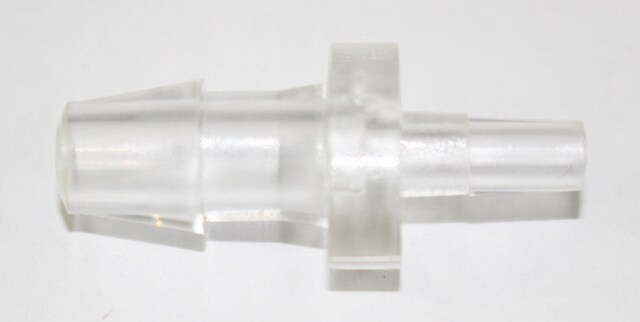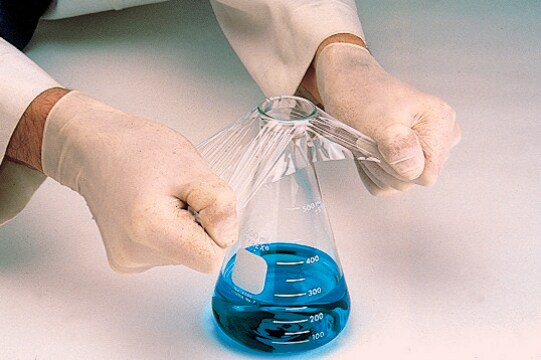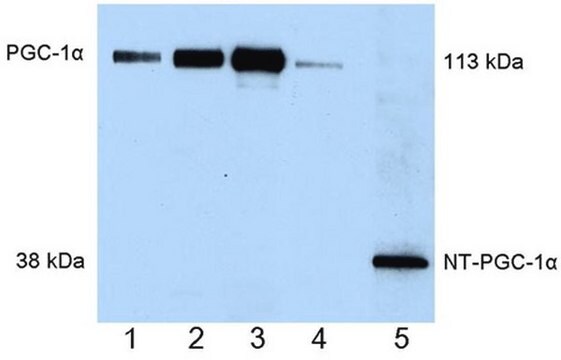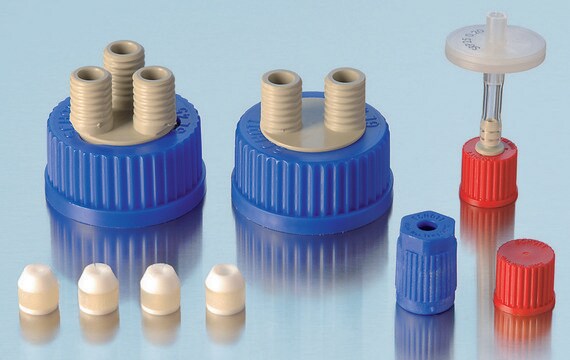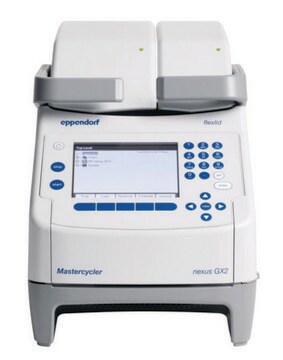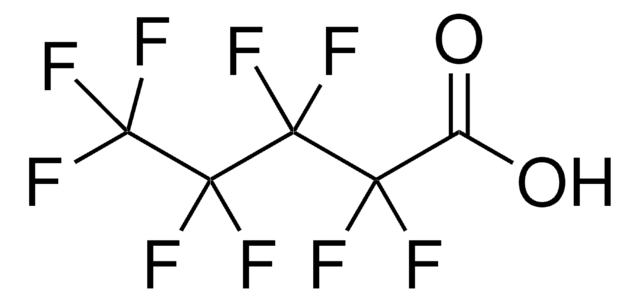FCMAB418PE-I
Milli-Mark® Anti-CAR-PE Antibody, clone RmcB
clone RmcB, Milli-Mark®, from mouse
Synonyme(s) :
46 kD coxsackievirus and adenovirus receptor (CAR) protein, CVB3 binding protein, CVB3-binding protein, Coxsackievirus B-adenovirus receptor, coxsackie virus B receptor, coxsackie virus and adenovirus receptor
About This Item
Produits recommandés
Source biologique
mouse
Niveau de qualité
Conjugué
PE
Forme d'anticorps
purified immunoglobulin
Type de produit anticorps
primary antibodies
Clone
RmcB, monoclonal
Espèces réactives
human
Fabricant/nom de marque
Milli-Mark®
Technique(s)
flow cytometry: suitable
Isotype
IgG1
Numéro d'accès NCBI
Numéro d'accès UniProt
Conditions d'expédition
wet ice
Modification post-traductionnelle de la cible
unmodified
Informations sur le gène
human ... CXADR(1525)
Description générale
Spécificité
Immunogène
Application
Cell Structure
ECM Proteins
Qualité
Description de la cible
Forme physique
Stockage et stabilité
Remarque sur l'analyse
HT-29 cells
Autres remarques
Informations légales
Clause de non-responsabilité
Vous ne trouvez pas le bon produit ?
Essayez notre Outil de sélection de produits.
Code de la classe de stockage
12 - Non Combustible Liquids
Classe de danger pour l'eau (WGK)
WGK 3
Point d'éclair (°F)
Not applicable
Point d'éclair (°C)
Not applicable
Certificats d'analyse (COA)
Recherchez un Certificats d'analyse (COA) en saisissant le numéro de lot du produit. Les numéros de lot figurent sur l'étiquette du produit après les mots "Lot" ou "Batch".
Déjà en possession de ce produit ?
Retrouvez la documentation relative aux produits que vous avez récemment achetés dans la Bibliothèque de documents.
Notre équipe de scientifiques dispose d'une expérience dans tous les secteurs de la recherche, notamment en sciences de la vie, science des matériaux, synthèse chimique, chromatographie, analyse et dans de nombreux autres domaines..
Contacter notre Service technique


